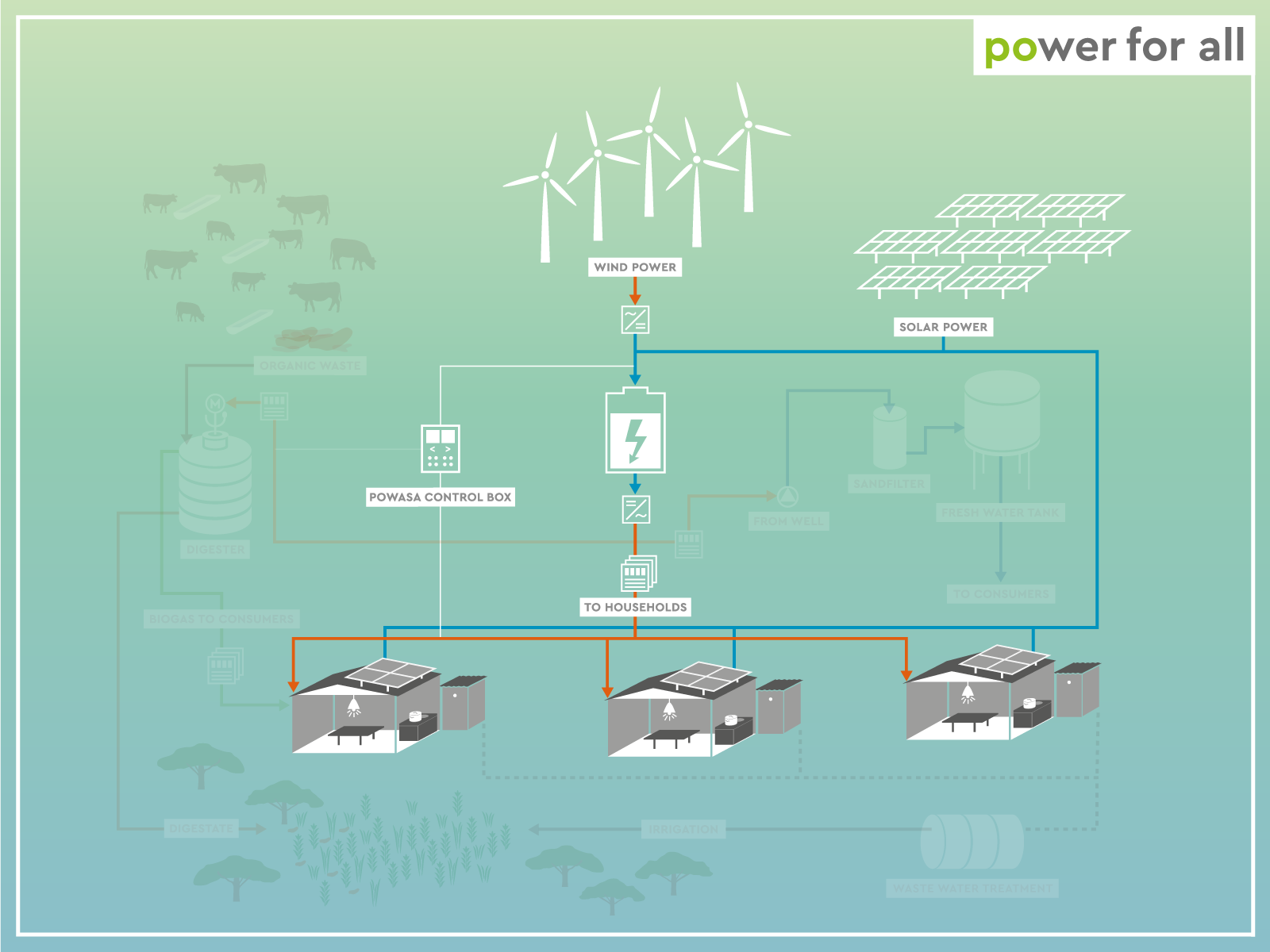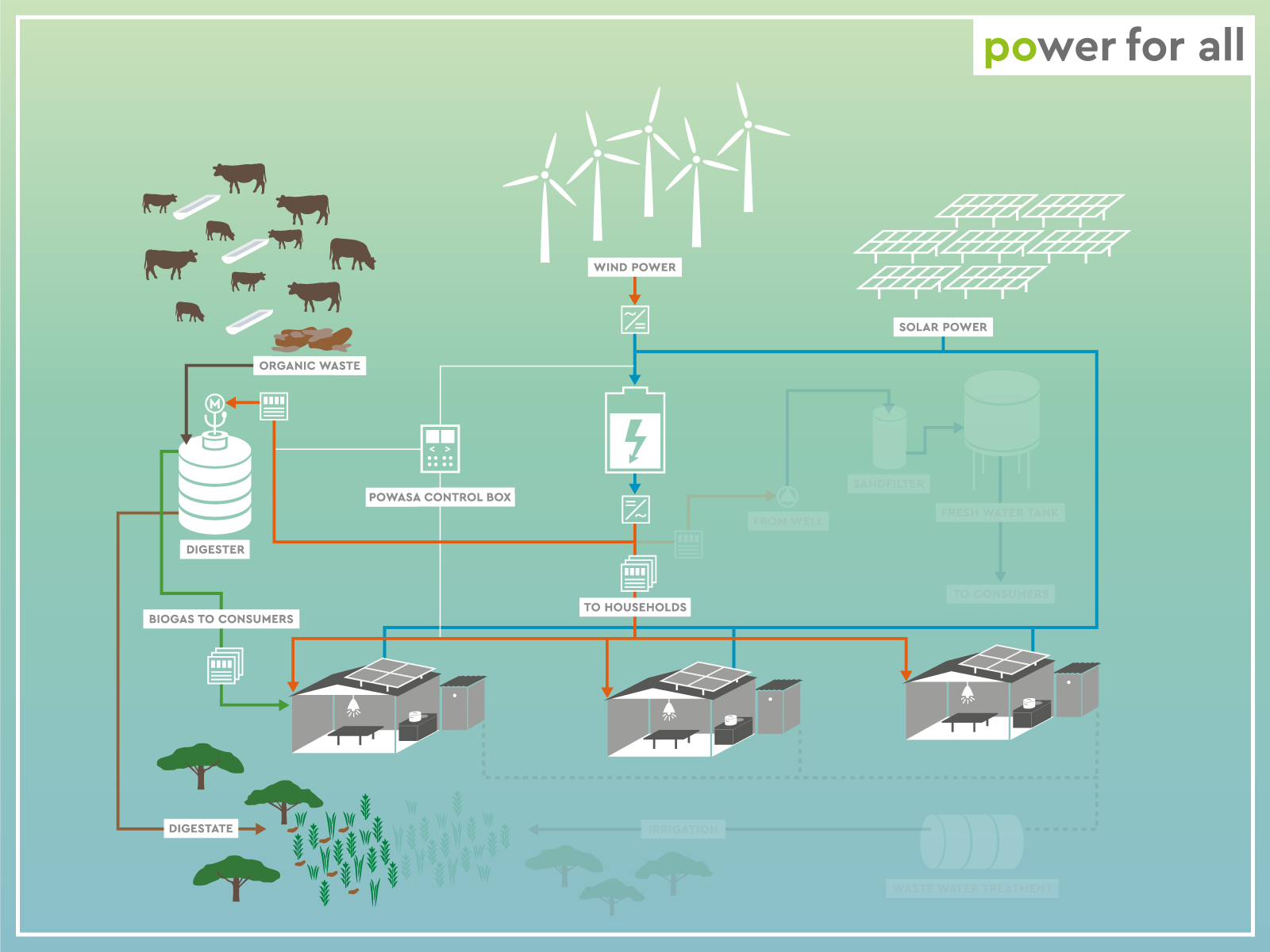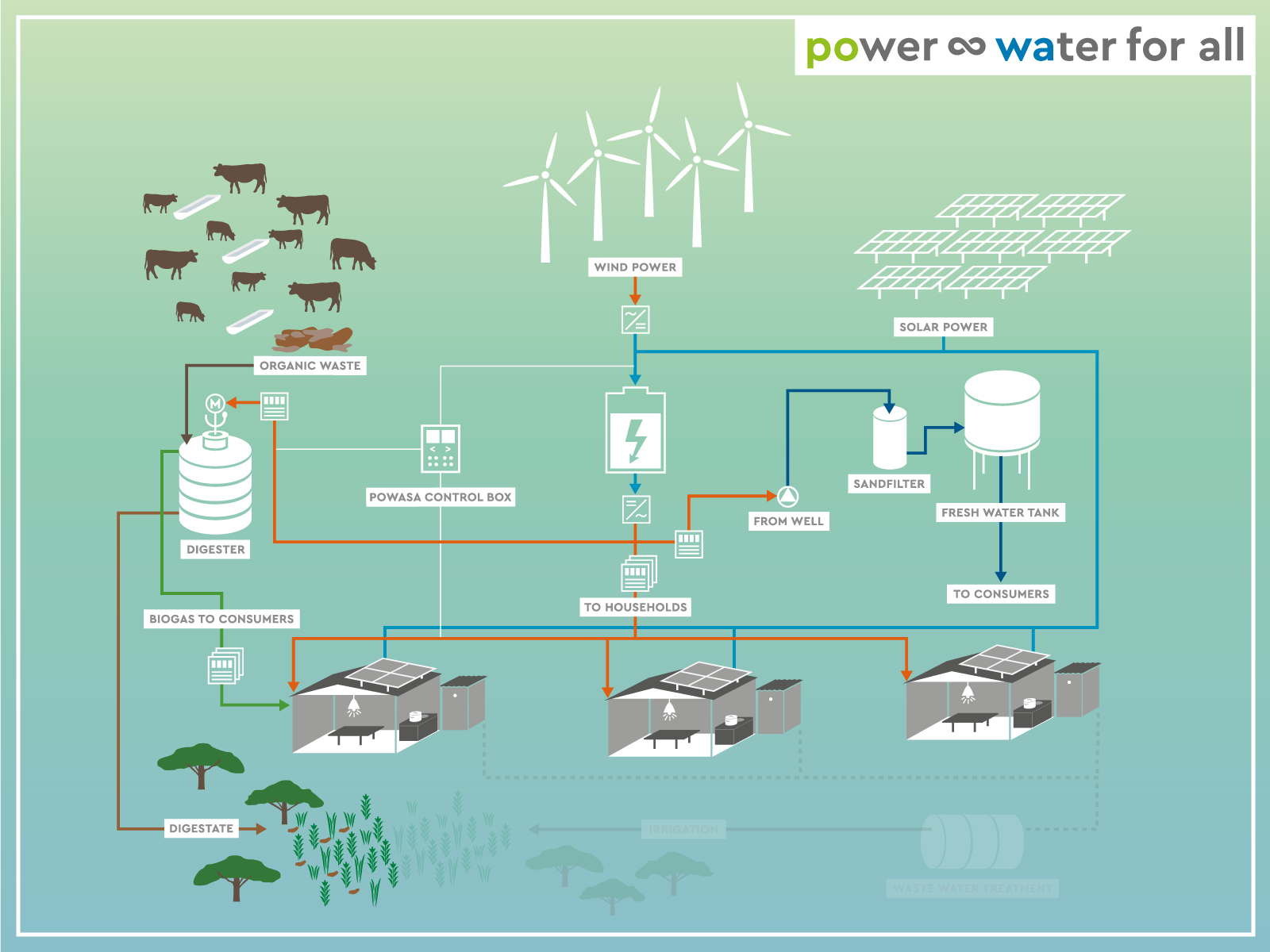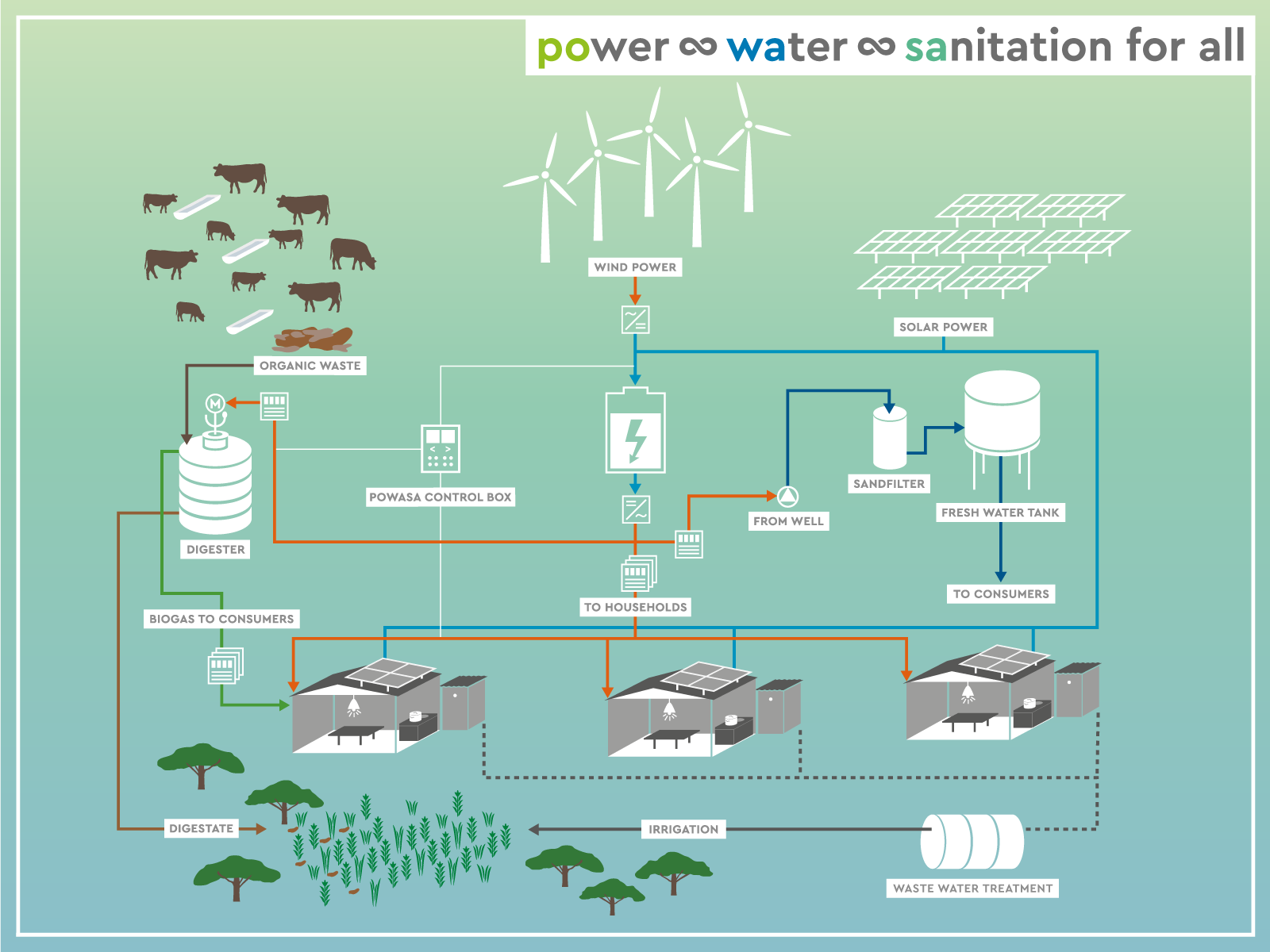The Story Behind
Tsehay does not like dusk. The smelly latrine attracts too many mosquitos when the sun sets. She would prefer sewing during daylight if it were not for the firewood she has to collect so she has fuel to prepare food for her family. A day in Tsehay’s life is busy like most mothers, however, she has the added struggle of managing basic human necessities in an ever changing world, a world that does not change ENOUGH for her.
Tena, her youngest daughter is coughing heavily. Tsehay wonders where that comes from and how she will pay for medicine should her daughter need it. Sewing clothes and selling them on the market is the only income she can generate. But without light she cannot sew. Kerosene is too expensive and she does not like the smell of it, let alone the brightness of its flame. However, it is late, too late to finish that dress. And, where are Rekik and Lielit, they should be back long ago from getting water? Ah, that fear that something might happen to her loved ones.
Tsehay is an imaginary woman, living in a remote Ethiopian village who encounters several challenges within just a few minutes: a lack of Power, Water and Sanitation.
Powasa stands for a comprehensive multidisciplinary approach to help improve the living conditions of rural citizens by combining known technologies to an overarching concept. The aim of Powasa is to apply sustainable sources of power supply and to mitigate deficiencies in water supply and sanitation.






